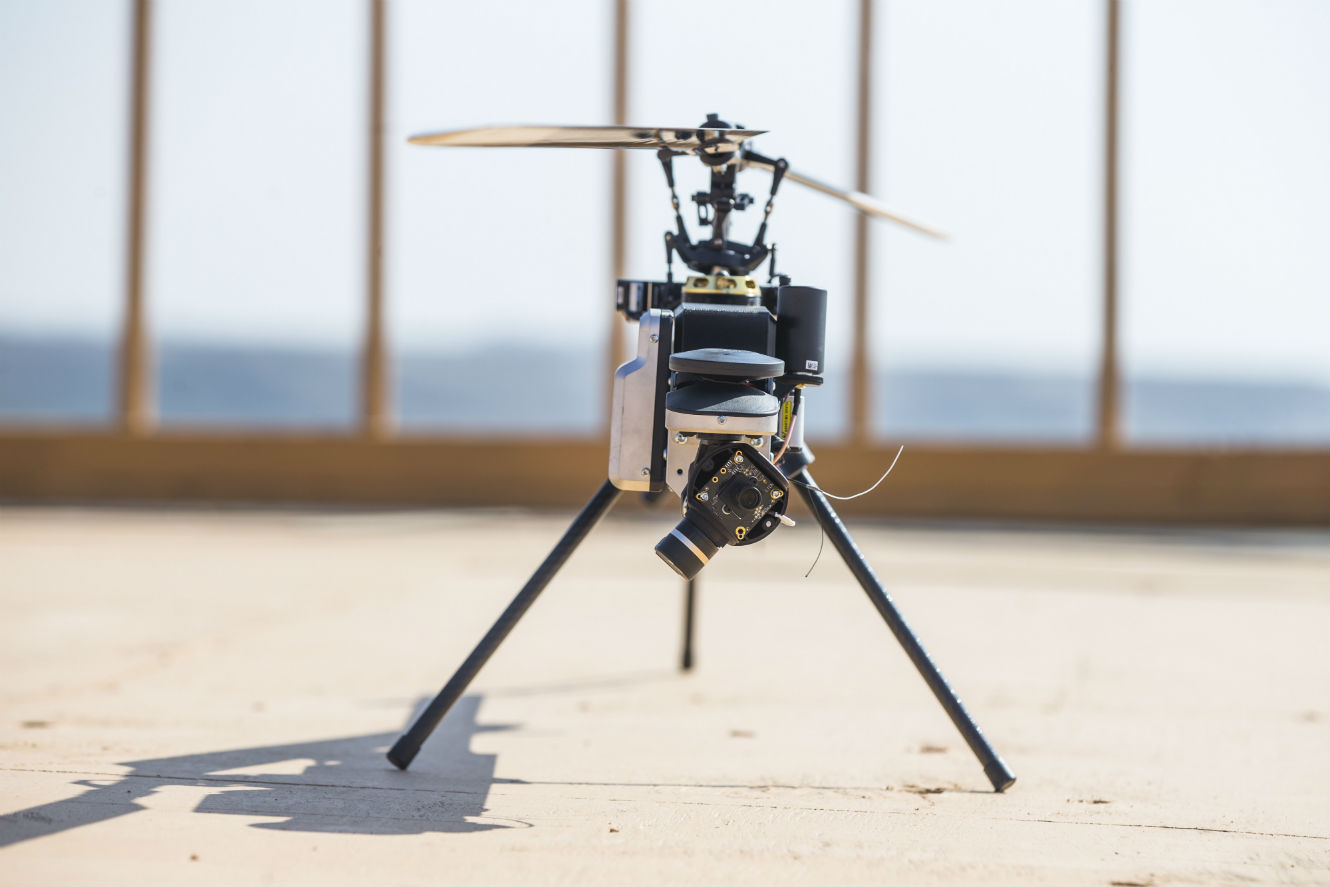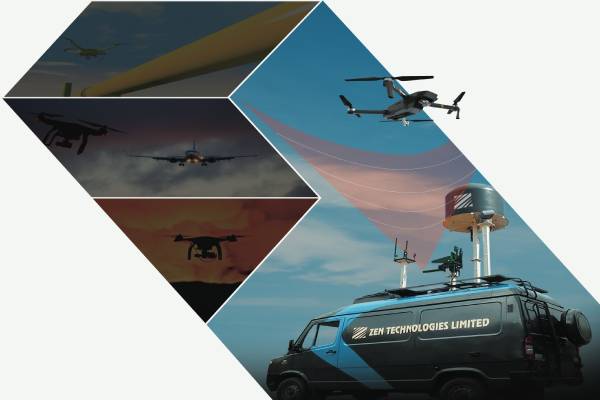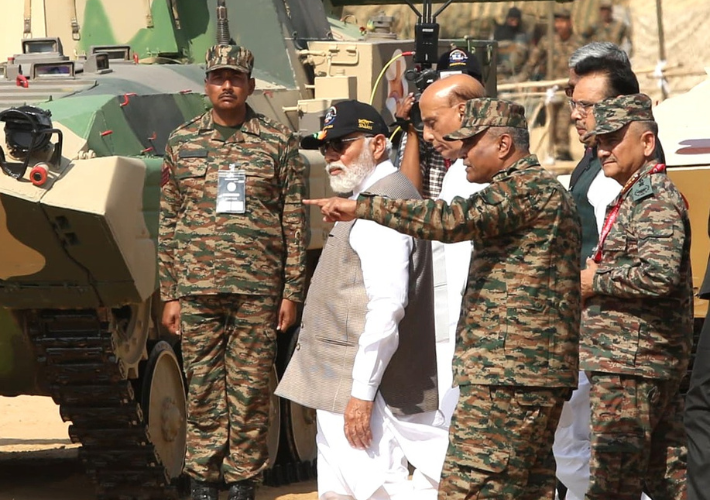I am at the twilight of my 37-year career in the United States Marine Corps. As my time in the service ends, I thought it was important to share where I think our nation is in terms of its ability to fight and win the next war.
The good news is that we continue to attract, recruit, train, and equip the finest young people this nation has to offer in the defense of our republic. The challenge is that we are ill-prepared for the next war. I say that because we are not fully adapting to the changing character of 21st-century warfare. We are rapidly moving from industrial-era warfare to information-era warfare, which is making legacy bureaucratic processes and military organizations obsolete. This information evolution will bring extraordinary complexity and lethality to the next war. Waging future war will require a way of thinking and action currently absent from mainstream Department of Defense processes. Worse yet, the existing defense bureaucracy stifles initiative and stymies innovation, keeping the military from fully capitalizing on the warfighting potential of emerging technologies. U.S. forces will be disadvantaged in the future fight if we do not take significant action to change the way we prepare for war. The Defense Department needs to re-examine the way it thinks about staff design and staff processes in order to gain the technological edge in future war.Read More…











